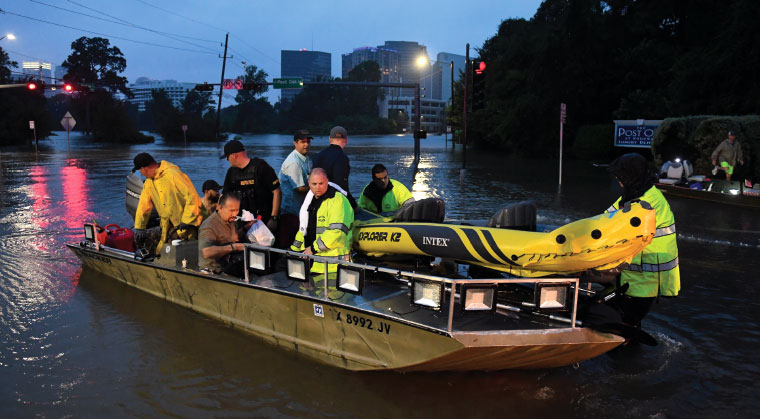Trump Filling In the Blanks


rewarded with being the number 1 draft pick in the new administration (Photos: AFP/Imagebank)
T
he easy picks for the powers behind the throne are now behind Donald Trump.
Reince Priebus earned his selection as incoming chief of staff by recognizing early on that Donald Trump might be unstoppable and by pulling the right levers as Republican National Committee chairman to keep the party from coming unglued.
Stephen Bannon the right-wing agitator behind Breitbart News proved his mettle by being the only campaign manager crafty enough to keep the irrepressible Trump on message. Bannon will stay on as Trump’s chief strategist.
The tough picks in the transition process are yet to come as the transfer of power from one administration to the next continues between now and Inauguration Day. This short period will be critical in laying the groundwork for a more intensive effort that will involve making some 4000 political appointments laying out comprehensive domestic and foreign policy agendas and running a government of 2.1 million civilian employees and another 2 million active-duty military personnel and reserves.
It’s a high wall to scale for anyone much less a political newcomer.
“Most presidents-elect can reach back to people who they have been associated with in prior political office and many of those are the ones who end up staffing the White House and serving in various cabinet departments” says John P. Burke a professor of political science at the University of Vermont and author of nine books on presidential power and public affairs. “This transition is going to be somewhat different given the fact that Trump is an outsider. Trump ran againstWashington — not just Democrats but the Republican national leadership — and now he’s really got to mend fences.”
Judging from the hundreds of names of potential cabinet officers that various media outlets are vetting it doesn’t seem as if the process should be quite so difficult. Prominent names and early Trump supporters such as Rudy Giuliani Newt Gingrich Ben Carson and Chris Christie look like shoo-ins but some of the big names could be throwing their own hats in the ring to enhance their bargaining value.
“Some of those names will end up in the Trump administration and some won’t” Burke says. “There are a lot of people jockeying for position and some people who know they’re already out are jockeying for position elsewhere.”

The rough and tumble Steve Bannon is tabbed by Trump to be his chief political strategist
After all if you’re looking for a top job inWashington it doesn’t hurt to let prospective employers know that they’ve got to compete with Trump for your services. However there is a short list of names — many of them Wall Street veterans — who are unlikely candidates and not because they contributed heavily to Hillary Clinton.
Not many Wall Street barons care to bare their souls to FBI background checks including extensive investigations into their prior financial activities. “They would have to produce their income tax returns for many years and many would have to put their assets into blind trusts” Burke says. “It’s very daunting for a prominent person in the business sector to face those hurdles so it’s often difficult to recruit them.”
The most important posts yet to be filled as of press time include national security advisor and secretary of state as both will play leading roles in formulating and implementing a Trump Doctrine on foreign policy.
“[Trump] needs somebody who can help him out in terms of making foreign-policy decisions and understanding foreign policy” Burke says. “That has not been his strong suit.”
In the first three days after the election close advisors sent mixed signals onIsrael. One advisor said that in Trump’s eyes Israeli settlements in Judea andSamariaare not an impediment to peace in keeping with the tone of Trump’s campaign. Another advisor appeared to walk back Trump’s promise to move the US embassy to Jerusalem saying the new president would seek a “consensus” on the matter without explaining what that means. Trump himself reiterated that he would like to help facilitate peace betweenIsraeland the Palestinians but through bilateral negotiations between the two parties and not via an imposed settlement from the outside.
While the above is not necessarily contradictory the early confusion has rattled some nerves in the volatile Middle East a region in which one misunderstanding often leads to another — a complication that Donald Trump would like to avoid early in his term.
Oops! We could not locate your form.







